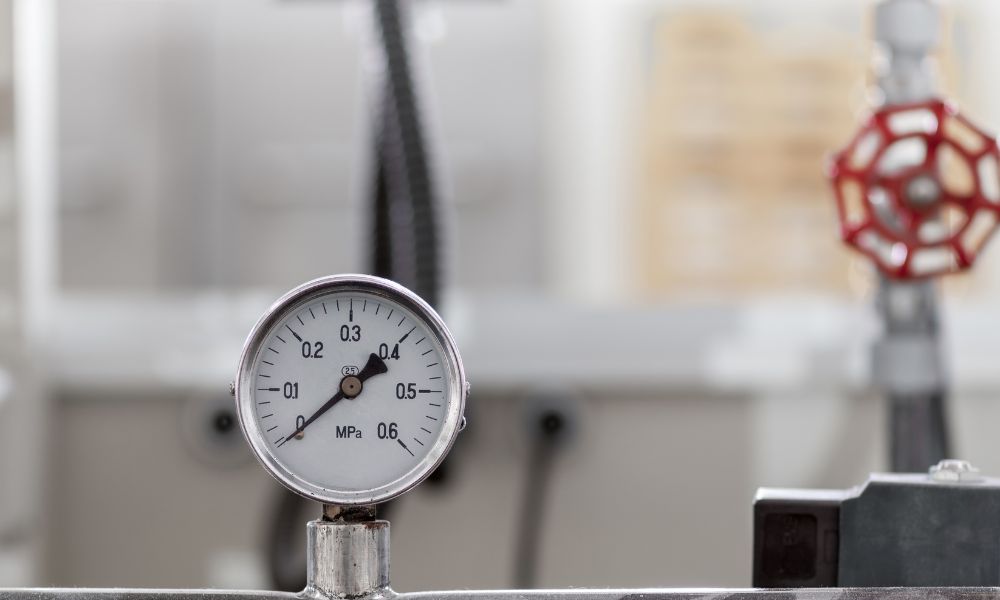Industrial processes often require the utilization of various types of filters to ensure optimal performance and safety. While the purpose of filtration remains consistent (to remove unwanted particles from a fluid or gas), the type of filter used can vary greatly depending on the specific requirements of the task. Read on and learn the essential types of filters for industrial processes.
Cartridge Filters
Cartridge filters are among the most versatile types of industrial filters. With materials like polypropylene or ceramic, they remove fine particles from liquids. These filters have a big surface area relative to their size, which allows for efficient filtration of large volumes of fluid. Given their ease of use and replacement, cartridge filters exist widely in the food and beverage industry, water treatment plants, and pharmaceutical manufacturing.
Bag Filters
When it comes to handling larger particles and higher flow rates, bag filters often come into play. These are typically felt or mesh and are best for applications that require the quick filtering of large volumes of fluid. For example, they’re common in chemical manufacturing and power generation plants. You usually just need to remove and replace the bag after it reaches its particle-holding capacity, making maintenance relatively straightforward.
HEPA Filters
High-efficiency particulate air (HEPA) filters have the ability to trap exceedingly small particles, including airborne pathogens. Usually made of interlaced glass fibers, these filters are a go-to option for environments where high air quality is crucial, such as clean rooms or medical facilities. The stringent standards for HEPA filters guarantee a minimum efficiency of 99.97% for particles as small as 0.3 micrometers.
Pleated Filters
Pleated filters offer an impressive amount of surface area thanks to their folded, accordion-like design. These filters are usually polyester or cotton and are excellent for air filtration systems. One of the main benefits of pleated filters is that their structure allows for higher flow rates and less frequent replacement, which is why they’re particularly popular in HVAC systems and other applications where air quality is a concern.
Now that you know the types of filters for industrial processes, you can make a more informed decision about which filter is most appropriate for your specific application. Each type has its unique advantages designed to meet different industrial needs.






